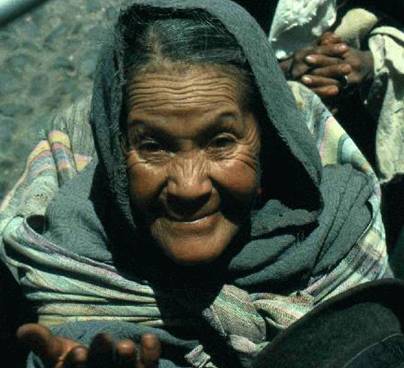|
|
Ecuador Congress Sends Social Security Bill To President
By Mercedes Alvaro, Wall Street Journal
Ecuador
July 11, 2005

Lawmakers sent controversial social security reform legislation to Ecuadorean President Alfredo Palacio for approval Monday, a bill the president is widely expected to veto.
The bill sent to the president calls for the withdrawal and distribution of $734 million in savings from a government retirement reserve fund to Ecuadorean workers.
Palacio now has 10 days to make a decision on the initiative; among his options are either a partial or an absolute veto.
Under a partial veto, more than half of all lawmakers would be needed to override the president's decision. In the case of an absolute veto, lawmakers would have to wait for a year and then muster a two-thirds majority to renew the discussion.
The bill approved by Congress on July 6 states that the Ecuadorean Institute for Social Security, or IESS, every three years must return the savings held in the fund to those active workers who request their money back. The process would begin 90 days after the law comes into effect, according to the bill.
Officials at IESS have said that returning the money would take roughly six months since the funds are invested in various government debt instruments.
The IESS fund is financed with payments by workers and their employers every month. Ecuadoreans are supposed to receive the money after their retirement, but recently workers have been pressing to receive the money sooner and some lawmakers have supported that idea.
The IESS holds in its investment portfolio $300 million in government bonds and more than $80 million in Treasury securities known as
Cetes.
Economy Minister Rafael Correa warned the president last week that failure to issue a partial veto of the measure would likely bankrupt the IESS. Palacio has avoided making any statements on the issue recently.
Finance authorities have warned that giving the money back could cause financing problems for the government and could even make it difficult to meet foreign debt obligations.
The IESS is considered the largest buyer of domestically issued debt at a time when the Andean country has no access to the international capital markets and faces difficulties obtaining loans from multilateral institutions.
A presidential veto could become a heated issue in the country where government employees and various unions have threatened to hold protests in case the president rejects the bill.
|
|



